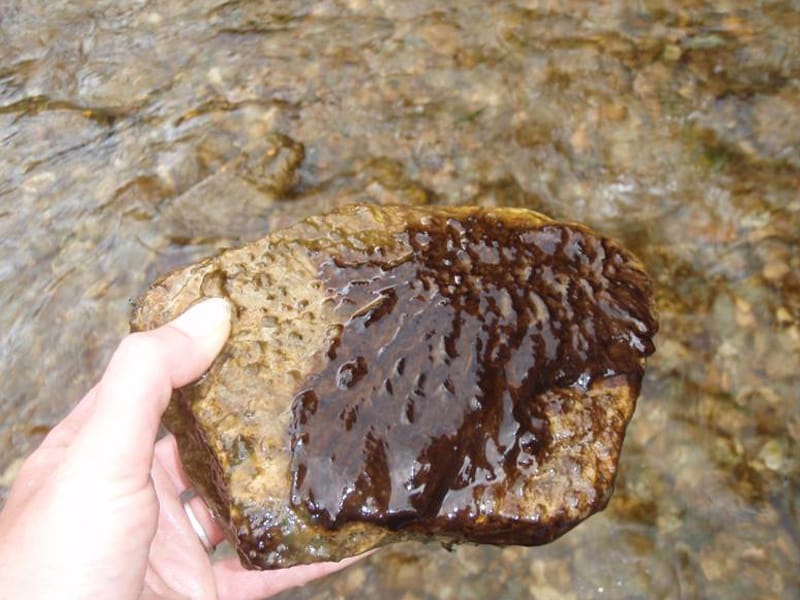Monitoring carried out by Environment Southland, on 15 August, has shown high abundance of planktonic cyanobacteria (blue-green algae) at Waituna Lagoon in Southland.
Planktonic (floating algae) cyanobacteria is different to that found in rivers during warmer months, but still produces toxins that can be harmful to people and animals if swallowed, or through contact with skin.
People and animals (in particular, dogs), should avoid contact with the lagoon, or be mindful of the potential health risks, until health warnings are removed.
Cyanobacteria occur naturally but can increase rapidly during warmer periods of the year.
If you experience health symptoms after contact with contaminated water, visit a doctor immediately. Animals that consume cyanobacteria should be taken to a vet immediately.
Environment Southland monitors cyanobacteria monthly at a number of river and lake sites across Southland, and the public will be advised of any changes in water quality that are of public health significance.
For further information, visit Environment Southland’s website www.es.govt.nz.

